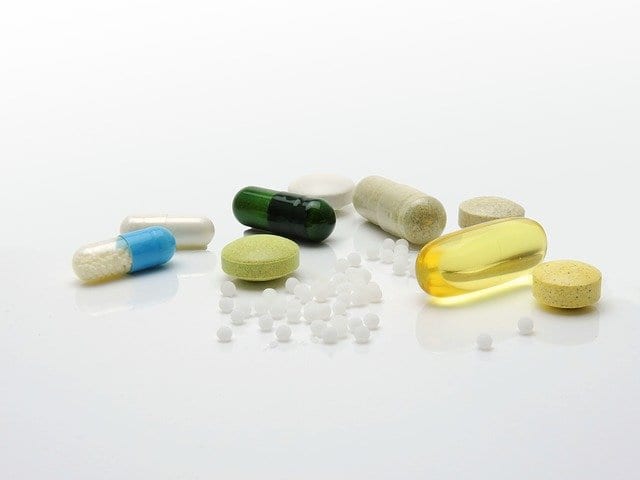
In December 2020, I had a prospective patient call my office to inquire if I could help him with a new diagnosed case of hyperthyroidism. He was a 58 year old male who had been to a few physicians and specialists before calling my office. He had seen his regular primary care physician, a cardiologist and was referred to an endocrine specialist. He said that his cardiologist laid into him for having low thyroid scores, an indication that he was hyperthyroid and he needed to take thyroid medication to stop this. He was being prescribed thyroid medication and did not want to take medication and experience side effects. That is when he started searching for natural endocrinology options and came across my practice, Natural Endocrinology Specialists, PLLC. He understood that I did not accept insurance and it was going to be an out of pocket expense but he decided to make a health investment and came in for his first appointment in mid January 2021.
At this first appointment, we discussed his past medical history, allergies, medications, supplements and past lab work. I acknowledged that he was taking NUMEROUS supplements (11 to be exact) that were recommended by a chiropractor. He assumed that all of these supplements were necessary and presumed to believe that they were helping his health. His initial lab work from 12/2/2020 showed the following TSH score of 0.01. His other thyroid markers were not tested, including thyroid antibodies to see if he had either or both Hashimoto's thyroiditis or Graves disease. He also did not have any thyroid imaging studies done.
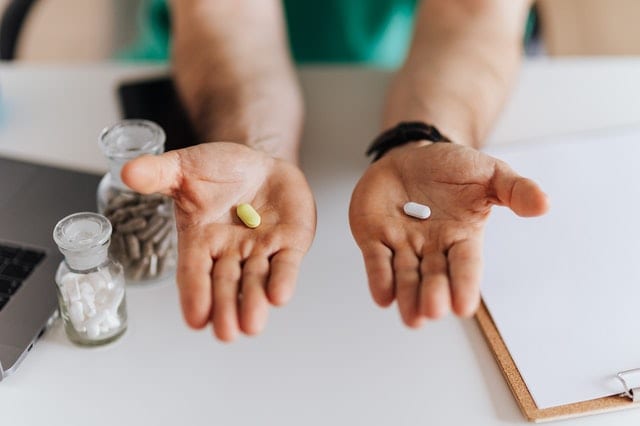
During the second consultation, the information was reviewed. The second lab work again showed a TSH score of 0.01 again. The treatment plan after this visit was the following:

He returned to the office for consultation 3 on 2/24/2021 and his lab work showed that he was negative for autoimmune thyroid conditions such as Hashimoto's, Graves and his TSH score increased back to normal at 2.64. This was all accomplished by AVOIDING supplements and not overconsuming unnecessary minerals, vitamins that can affect thyroid function. The specific culprit in this case most likely is attributed to excess iodine intake.
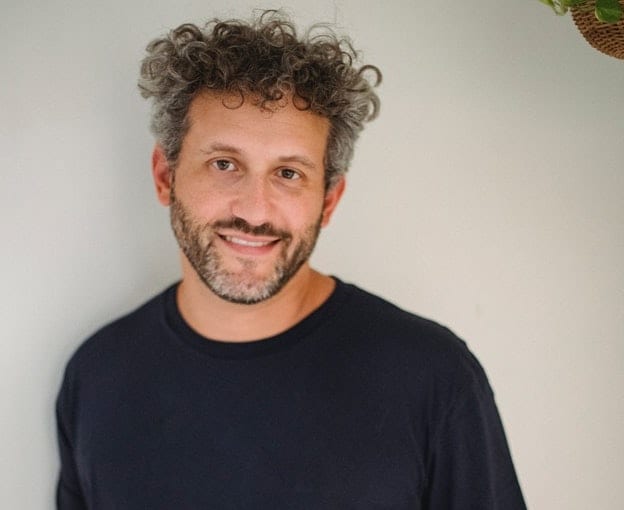
The WHO (World Health Organization) recommendations for Iodine are 150mcg daily. The thyroid gland only needs 52mcg daily to produce T4. Our general population does not need to supplement much more of this mineral to support thyroid health. There are many multivitamins and other supplements that contain high levels of Iodine and this can actually interfere with your natural thyroid hormone production.
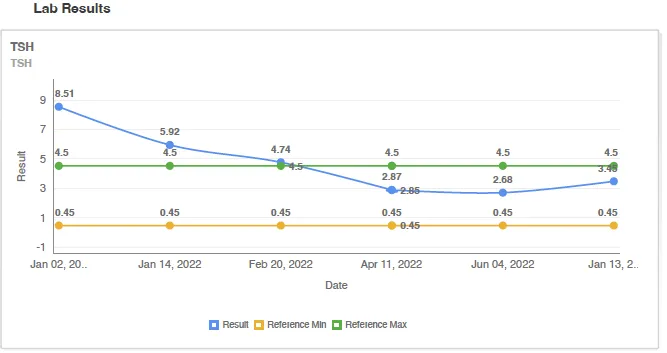
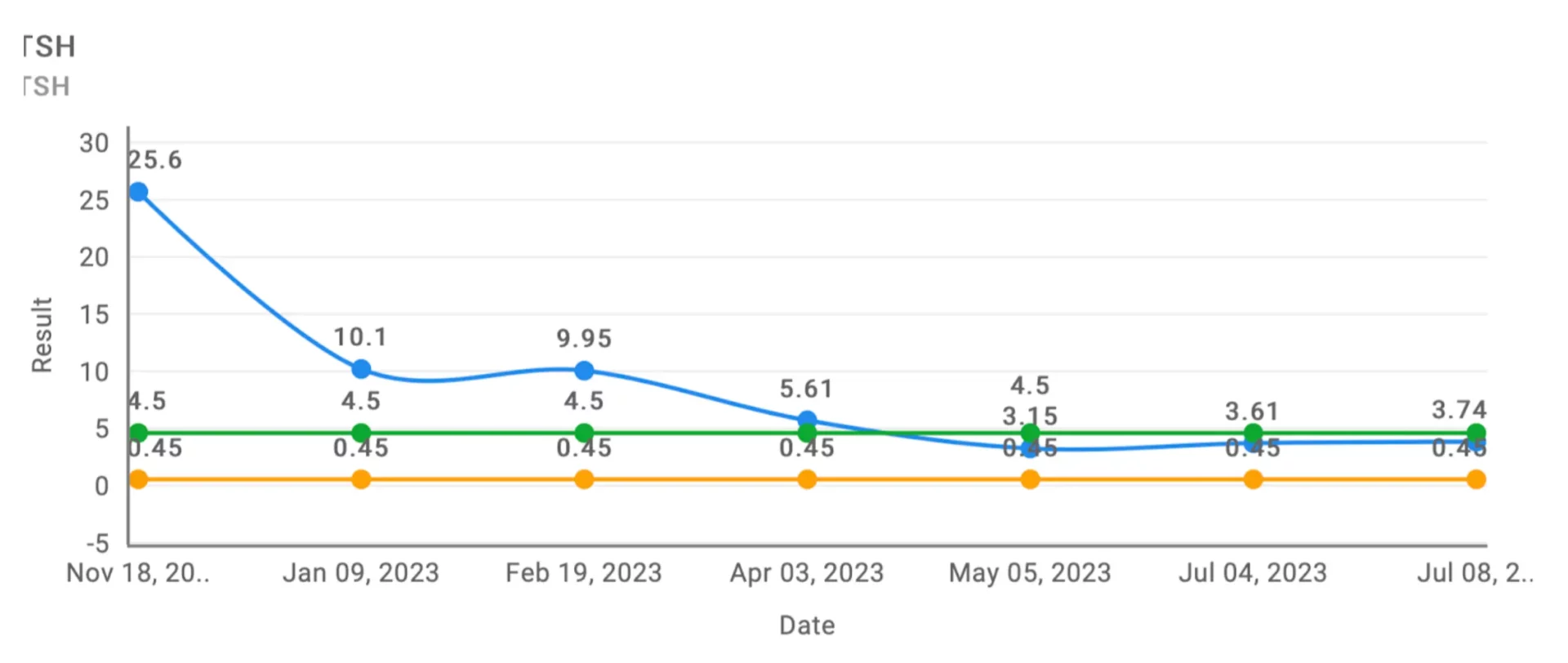
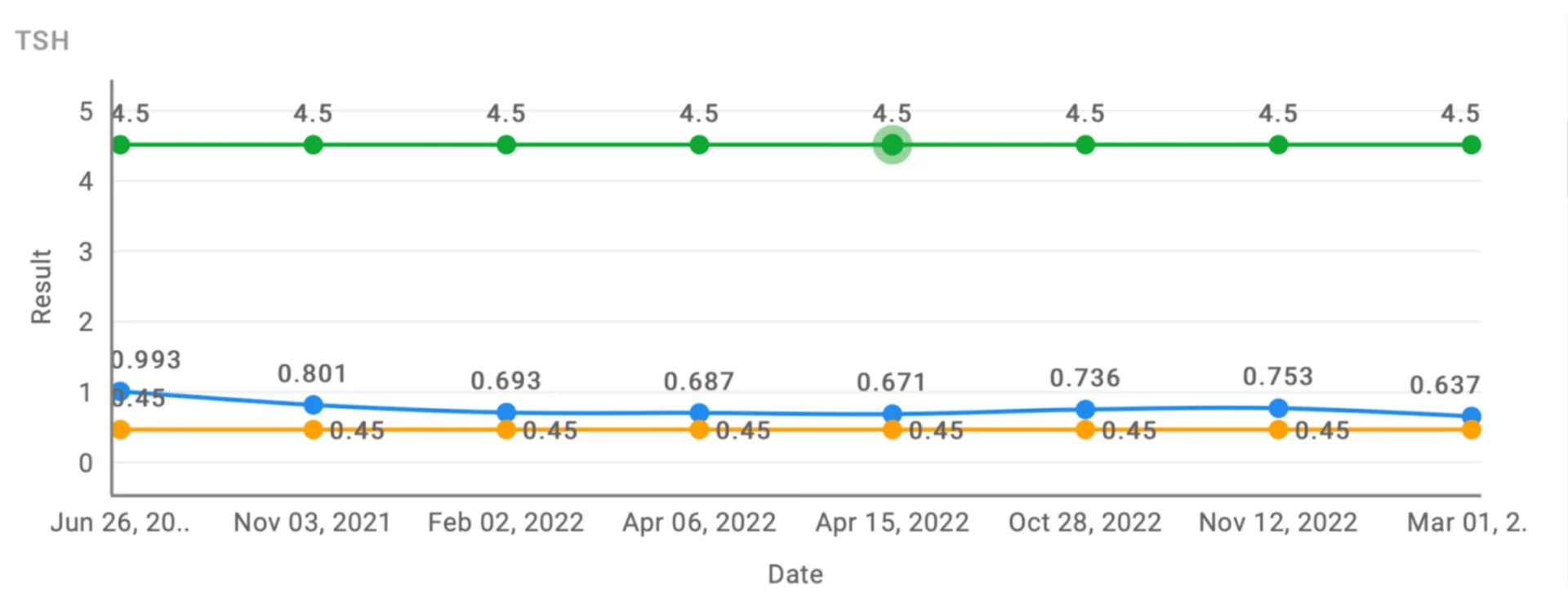

Acupuncture Session - $189.00
Acupuncture, Package of 4 - $636.00
Female Pellet Insertion Package - $518.00
Male Pellet Insertion Package - $744.00